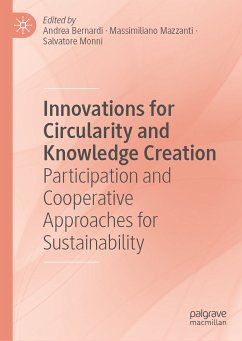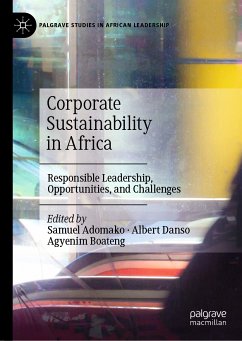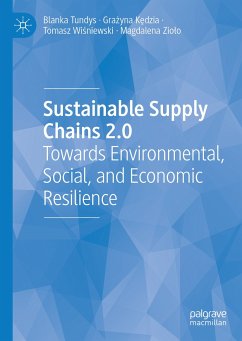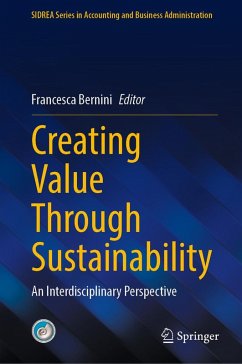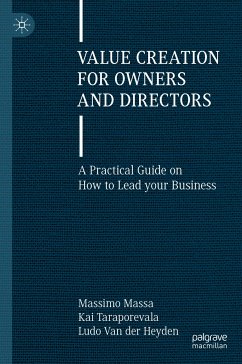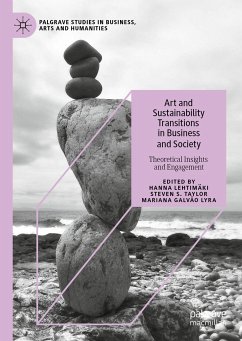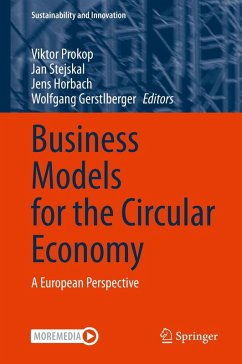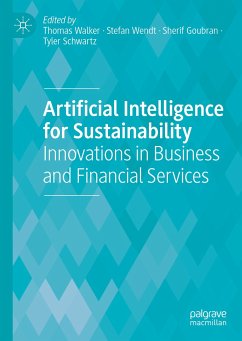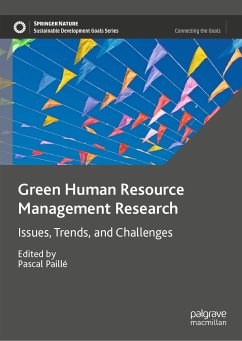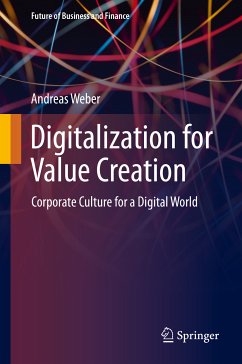
Knowledge Management and Sustainable Value Creation (eBook, PDF)
Needs as a Strategic Focus for Organizations
Versandkostenfrei!
Sofort per Download lieferbar
120,95 €
inkl. MwSt.
Weitere Ausgaben:

PAYBACK Punkte
60 °P sammeln!
Organizations are increasingly recognizing the importance of sustainability and responsibility. They are challenged to develop a holistic approach to value creation that reconciles economic, social, and environmental goals. This book describes how knowledge can facilitate this process and amplifies the idea of knowledge management to strategically serve multiple stakeholders in a sustainable and responsible way. In particular, the book introduces the concept of the "Need Knowledge-Driven Organization." It builds on mature research on organizational purpose, stakeholder theory, and phronesis, a...
Organizations are increasingly recognizing the importance of sustainability and responsibility. They are challenged to develop a holistic approach to value creation that reconciles economic, social, and environmental goals. This book describes how knowledge can facilitate this process and amplifies the idea of knowledge management to strategically serve multiple stakeholders in a sustainable and responsible way. In particular, the book introduces the concept of the "Need Knowledge-Driven Organization." It builds on mature research on organizational purpose, stakeholder theory, and phronesis, and advances the concept of "needs." This provides a new lens for understanding the sustainable and responsible business case: First, people are motivated by their needs, and organizations represent social structures that facilitate the satisfaction of shared needs. Second, needs reflect and combine social, environmental, and economic concerns, making sustainability and responsibility more realizable for practitioners. And third, needs provide a reference point for holistic value creation and can thus align knowledge processes and structures in organizations.
Dieser Download kann aus rechtlichen Gründen nur mit Rechnungsadresse in A, B, BG, CY, CZ, D, DK, EW, E, FIN, F, GR, HR, H, IRL, I, LT, L, LR, M, NL, PL, P, R, S, SLO, SK ausgeliefert werden.



